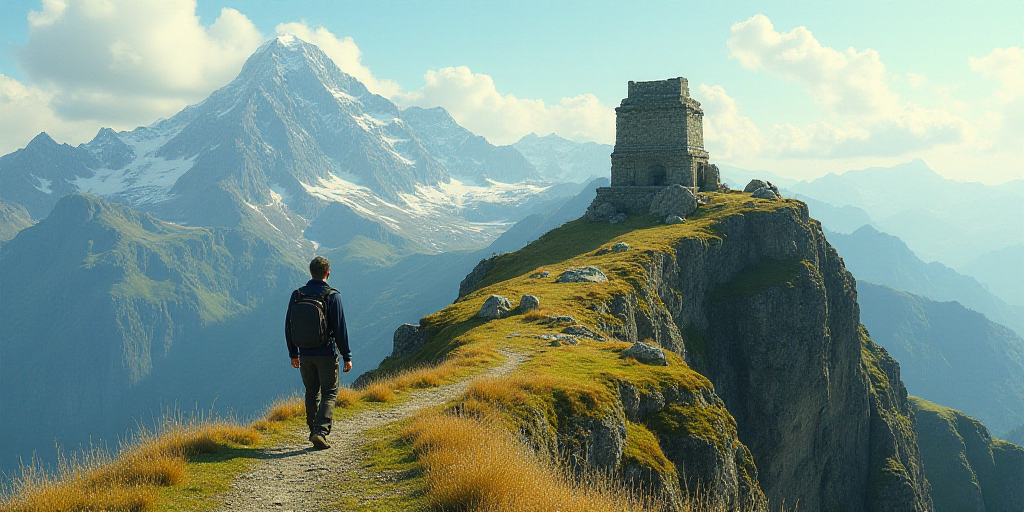Background on Machu Picchu and its Importance
Machu Picchu, an iconic Incan citadel located in Peru, is a UNESCO World Heritage site and a major tourist attraction. Each day, approximately 4,500 visitors, including many foreign tourists, flock to the site, as reported by Peru’s Ministry of Commerce and Tourism. The primary access to this ancient stone city is via train from Cusco, the former Incan capital and a 110 km journey.
Protest Details and Impact
The Frente de Defensa de los Intereses de Machu Picchu (Front of Defense of Machu Picchu’s Interests) has organized a protest, leading to the suspension of train services on Monday. The group demands that a new company takes over ground transportation from the train station to the archaeological site following the termination of a 30-year concession.
Protesters have blocked the railway tracks in several sections using rocks and logs, according to a police source interviewed by AFP. This action directly affects tourists attempting to visit Machu Picchu, causing significant disruption and raising concerns about the decline of Peru’s international reputation.
Statements from Tourism Industry Leaders
Carlos Milla, former president of the Cusco Tourism Chamber, expressed his concerns to AFP: “There is a total impact on tourists due to the protests, and it’s causing damage to Peru’s prestige and reputation.”
Current Situation and Unanswered Questions
- What is the current status of stranded tourists? Authorities have not yet provided an official number or evacuation plan for the affected tourists.
- What is the role of PeruRail in this situation? PeruRail has announced a temporary suspension of train operations due to the protest.
- What are the demands of the Frente de Defensa de los Intereses de Machu Picchu? The group is demanding that a new company takes over ground transportation from the train station to Machu Picchu following the termination of a 30-year concession.
- How is this protest affecting Peru’s tourism industry and international reputation? The protest has caused significant disruption, with concerns about the decline of Peru’s international reputation and damage to its tourism industry, as stated by Carlos Milla.






